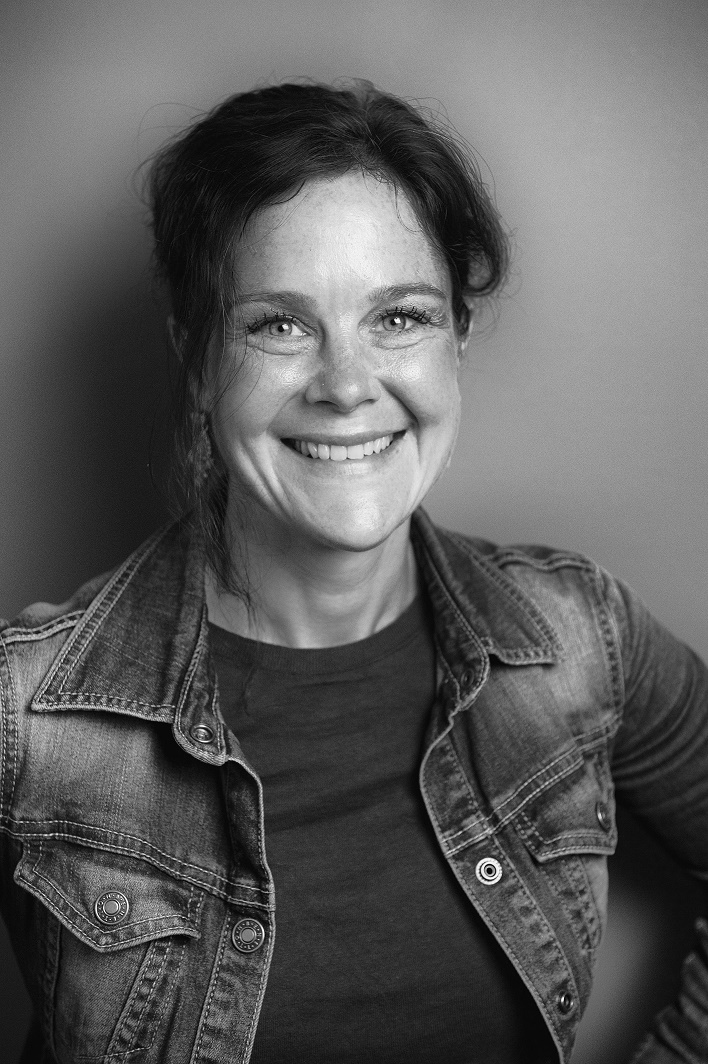Researcher Eva-Maria Merz received the prestigious European Research Council (ERC) Starting Grant of 1.3 million euros last week for her research into when, and under what circumstances, people become and remain blood donors.
Why do people help strangers?
Why do people repeatedly help strangers, even if this entails personal costs? Eva-Maria Merz points out that earlier research into pro-social behavior has shortcomings: it is contradictory, fragmented across different disciplines and limited to research within one country. Furthermore, previous research does not sufficiently recognize contextual influences and the dynamic nature of pro-social behavior. According to Merz, an integrated model is needed, taking these elements into account. With the ERC Starting Grant, she wants to further develop this model and apply it to blood donation behavior. Eva-Maria sees blood donation as a striking example of pro-social behavior in which a stranger, the patient, is helped at the expense of a donor.

Understanding pro-social behavior
The ERC Starting Grant means a lot to Eva-Maria: “Receiving this grant is a great opportunity, and gives me even more motivation to combine insights from social sciences, genetics and health sciences to understand pro-social behavior”. Blood and blood products from voluntary donors are of great importance for health care. Merz’s research examines when and under what circumstances people become donors during their life courses. The role of personal motivation, social networks, genes and social context is investigated.
European Research Council Starting Grant
The ERC Starting Grant is one of the largest research grants in Europe for starting researchers. Eva-Maria Merz has previously received grants from NWO and Sanquin Research for her research into the life course of blood and organ donors. The Starting Grant is a European individual grant that is awarded to young, talented scientists who have already produced excellent work and are ready to lead their own research group.
